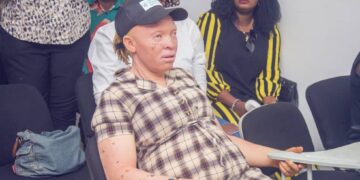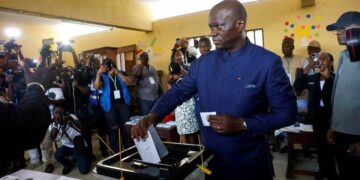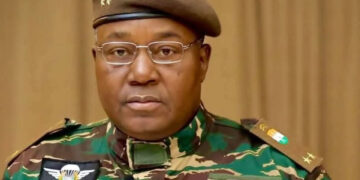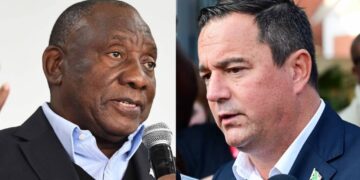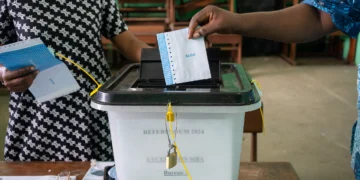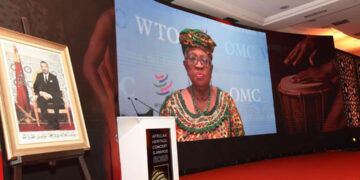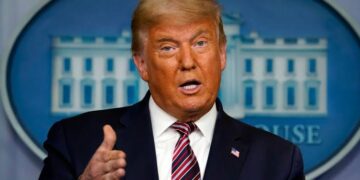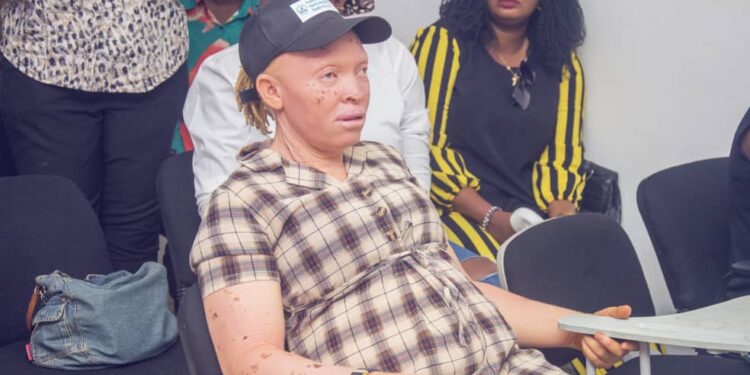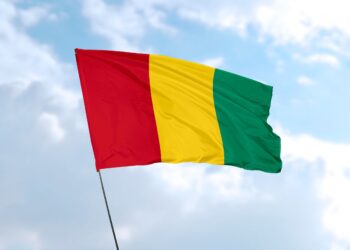By Ebi Kesiena
The National President of the Albinism Association of Nigeria (AAN), Dr Bisi Bamishe, has raised grave concerns over the escalating health crisis faced by persons with albinism (PWAs) in Nigeria, particularly the devastating impact of skin cancer.
Speaking on World Cancer Day 2025, she noted that despite continuous advocacy efforts, PWAs continue to die in silence due to the lack of adequate medical care and government intervention.
Dr Bamishe said that within just a few days, three members of the albinism community had succumbed to skin cancer, while many others are currently fighting for their lives, either in hospitals or in their homes without access to proper treatment. She explained that this crisis has left the community under siege and that urgent intervention is needed to prevent further loss of lives.
As the world marks World Cancer Day 2025 under the theme “United by Unique,” Dr Bamishe emphasised that this moment must serve as a call to action for the federal, state, and local governments, legislative bodies, donors, and key stakeholders to unite in addressing the health challenges of PWAs in Nigeria.
She said that for years, persons with albinism have remained vulnerable to skin cancer due to their lack of melanin, yet there are no structured government programmes providing access to affordable healthcare, preventive measures, and specialised dermatological treatment.
Dr Bamishe noted that while the AAN has made several advocacy visits to national and state authorities, engaging policymakers, legislators, and healthcare leaders, these discussions have yet to yield concrete results. She stressed that the time for dialogue has passed and that immediate action is required to save lives.
In response to this crisis, she outlined key urgent appeals to the government and relevant stakeholders:
She urged the Federal Ministry of Health to integrate free and subsidised skin cancer treatment into public healthcare programmes, ensuring routine screening and specialised dermatological care for persons with albinism. She also called for skin cancer to be included in the National Health Insurance Scheme (NHIS) to ease the financial burden on affected individuals.
Dr Bamishe emphasised the need for government intervention in providing sunscreen and protective gear such as wide-brimmed hats and protective clothing. She noted that these preventive measures should be made accessible and affordable, particularly for low-income PWAs.
She also called on legislators to support policies that recognise and address the unique health challenges of persons with albinism. She said that budgetary allocations must be made for skin cancer prevention and treatment, ensuring that PWAs receive the necessary care.
She further stressed the importance of partnerships with local and international health organizations, stating that collaborative efforts are essential in developing long-term solutions that improve healthcare access and overall well-being for PWAs.
Public awareness, she noted, is equally crucial. She called for nationwide sensitization campaigns to educate both PWAs and the general public on early detection, preventive measures, and available treatment options.
Dr. Bamishe said that the ongoing crisis is a preventable tragedy, and if urgent measures are not taken, more lives will be lost unnecessarily. She stated that the association stands united in the fight against skin cancer, but government intervention, public support, and global collaboration are needed to change the narrative for PWAs in Nigeria.
She called on leaders, policymakers, health professionals, civil society organizations, corporate bodies, and compassionate individuals to join the fight and take decisive action. She noted that the time to act is now, and with collective effort, the burden of skin cancer among persons with albinism can be reduced and ultimately eliminated.
‘’However, we must acknowledge the efforts of some state governors, development partners and NGOs that have done a lot for us. Special appreciation goes to Lagos State Government that has spent over N20m on skin cancer patients in the last two years as well as provision of sunscreen, hats and umbrellas. We hope other states can follow suit as much as possible’’ she said.
